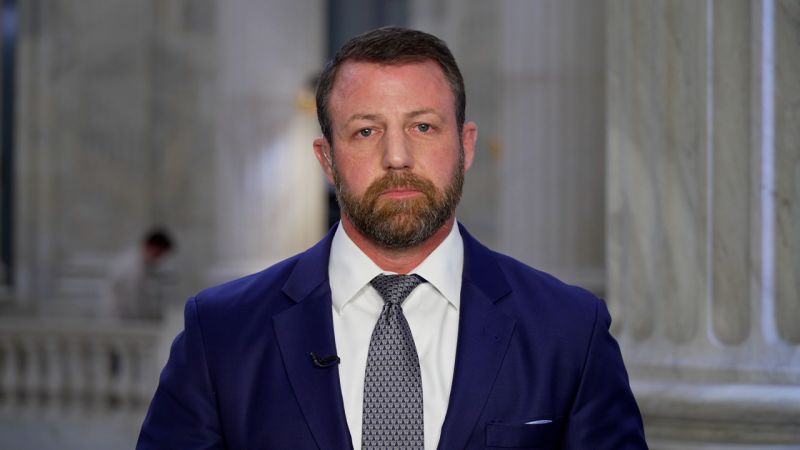Heated Exchange: Burnett Challenges Mullin's Defense of January 6 Rioters

In a bold and controversial move, Republican senators have rallied behind former President Donald Trump's decision to extend clemency to hundreds of January 6 protesters, including individuals who faced convictions for violent actions against law enforcement officers. The support came swiftly after Trump's return to the political spotlight.
Senator Mark Wayne Mullin from Oklahoma recently sat down with CNN's Erin Burnett to discuss the implications of Trump's sweeping pardons and commutations. The interview shed light on the Republican Party's continued alignment with the former president's stance on the Capitol riot participants.
The pardons have reignited intense debate about accountability, political loyalty, and the aftermath of the January 6 insurrection. By offering clemency to protesters who were legally convicted of serious offenses, Trump and his supporters are sending a provocative message about their interpretation of the events that unfolded on that fateful day.
As the political landscape continues to be shaped by these controversial decisions, the nation watches closely to see how these actions will impact future political discourse and legal proceedings related to the January 6 events.

